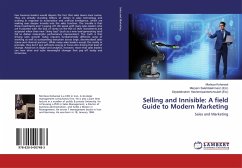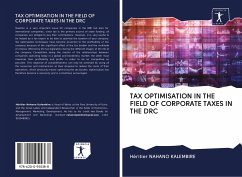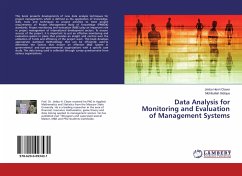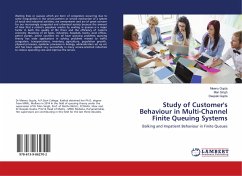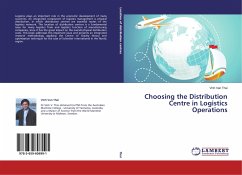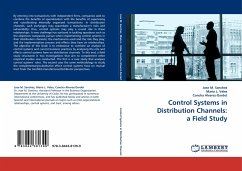
Control Systems in Distribution Channels: a Field Study
Versandkostenfrei!
Versandfertig in 6-10 Tagen
52,99 €
inkl. MwSt.

PAYBACK Punkte
26 °P sammeln!
By entering into transactions with independent firms, companies seek to combine the benefits of specialization with the benefits of supervising and coordinating internally organised transactions. In distribution channels, such exchanges may exacerbate a manufacturer's risks and vulnerability; thus, control systems may play a crucial role in these relationships. A new challenge has surfaced in tackling questions such as the objectives companies pursue when implementing control systems in their distribution channels; the mechanisms used and the role they play; and the implementation process and ...
By entering into transactions with independent firms, companies seek to combine the benefits of specialization with the benefits of supervising and coordinating internally organised transactions. In distribution channels, such exchanges may exacerbate a manufacturer's risks and vulnerability; thus, control systems may play a crucial role in these relationships. A new challenge has surfaced in tackling questions such as the objectives companies pursue when implementing control systems in their distribution channels; the mechanisms used and the role they play; and the implementation process and effects they have on relationships. The objective of this book is to endeavour to combine an analysis of control systems and current business practices by analysing the role and effects control systems have on distribution channels. To this end, a field study structured in two investigations that aim to complement other empirical studies was conducted. The first is a case study that analysescontrol systems' roles. The second uses the same methodology to study the complementary/substitutive effect control systems have on mutual trust from the twofold manufacturer/distributor perspectives.



